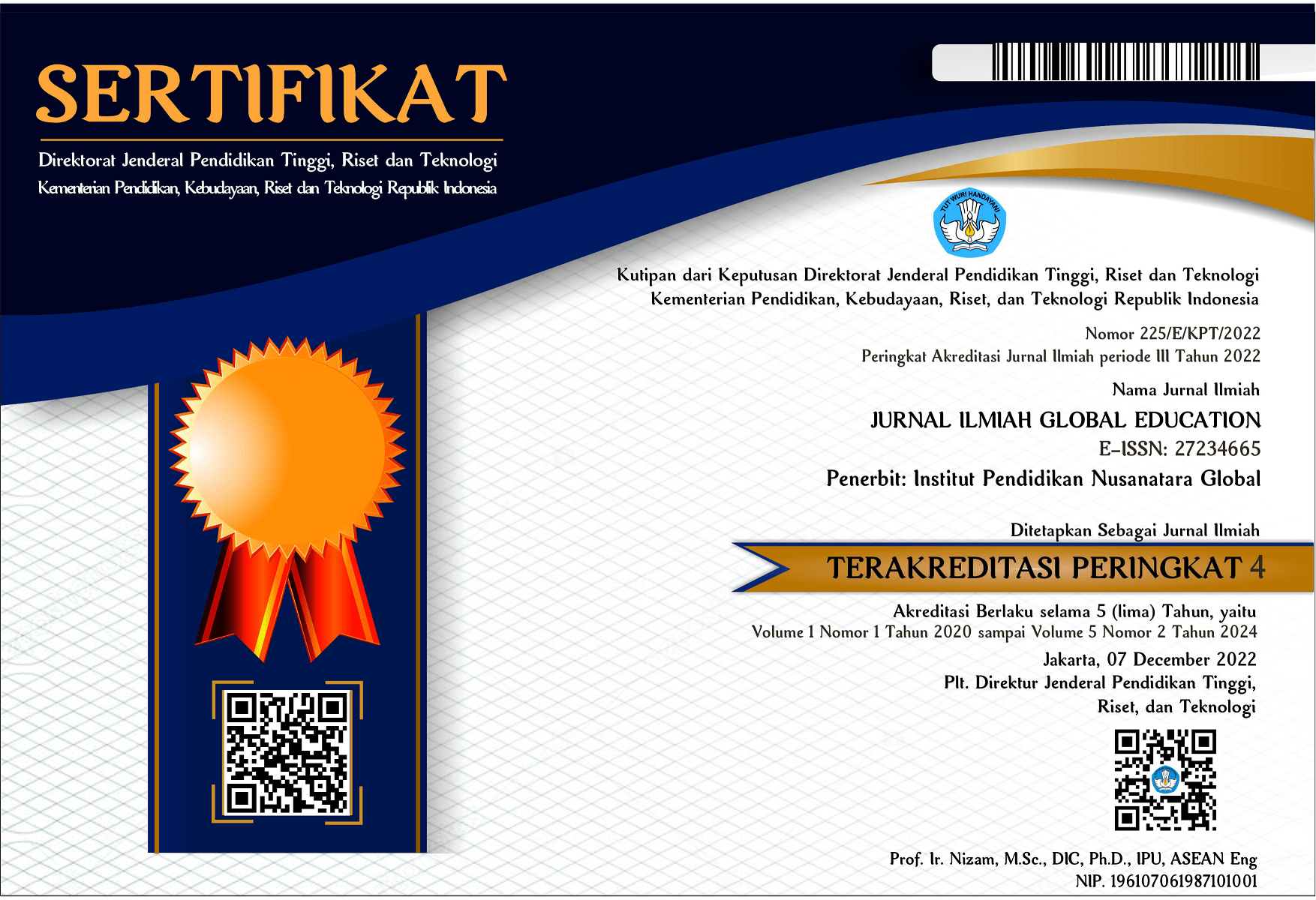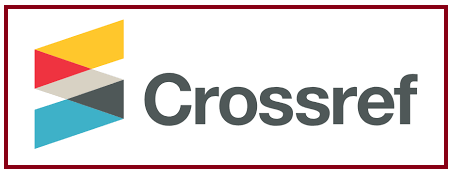Pengaruh Regulasi Kebijakan Tingkat Komponen Dalam Negeri (TKDN) terhadap Pengambilan Keputusan Investasi oleh Investor Asing
DOI:
https://doi.org/10.55681/jige.v5i4.3460Keywords:
TKDN, Investasi Asing, RegulasiAbstract
The policies regarding the Domestic Component Level (TKDN) are designed to promote the use of local products and enhance the competitiveness of domestic industries. By requiring companies to incorporate local components in their production processes, the government aims to strengthen the economy and reduce Indonesia's dependence on imported goods. However, the implementation of this policy not only affects domestic industries but also significantly influences foreign investors' decision-making when considering investments in Indonesia. This study aims to analyze the impact of the Indonesian government's TKDN policy on foreign investors' investment decisions, using a normative-empirical qualitative approach. This approach involves examining the legal framework and observing the reactions and interactions resulting from the law's implementation. The method is intended to provide a more comprehensive understanding of foreign investors' perspectives on the TKDN policy. The findings indicate that, while the potential increase in the use of domestic products could support economic growth, challenges arise in complying with the provisions of the TKDN regulation, often creating obstacles for foreign investors. For instance, uncertainty regarding the required criteria and the administrative complexities involved can cause hesitation among foreign investors when making investment decisions. Therefore, a thorough understanding of the TKDN policy's impact is crucial for stakeholders to effectively strategize and create a conducive investment climate that balances promoting local industries with attracting foreign investors
Downloads
References
Buku
Adolf, Huala (2005). Hukum Perdagangan International. Jakarta: Rajagrafindo Persada.
Bende-Nabende, Anthony, Globalization (2002). FDI, Regional Integration and Sustainable Development, Theory, Evidence and Policy, Aldershot Burlington USA, Singapore, Sydney: Ashgate.
Huang, Yasheng. (1998), FDI in China an Asian Perspective, Singapore: The Chinese University Press, Hongkong-Institute of South East Asian Studies (ISEAS).
Mai, Pham Hoang. (2004), FDI and Development in Vietnam, Singapore: Policy Implications Institute of South East Asians Studies (ISEAS).
Marzuki, Peter Mahmud. (1993), Pengaturan Hukum terhadap Perusahaan Transnasional di Indonesia (Disertasi), Surabaya: Program Pascasarjana Universitas Airlangga.
Seid, Sherif H (2002), Global Regulation of Foreign Direct Investment, USA: Asghate Publishing Company.
Sonarajah, M. (2010). The International Law On Foreign Investment. New York: Cambridge University Press.
Zaidun, Muchammad. (2005), Penerapan Prinsip-Prinsip Hukum Internasional Penanaman Modal Asing di Indonesia (Ringkasan Disertasi), Surabaya: Program Pascasarjana Universitas Airlangga.
Jurnal
Alifatus Zainiyah, Ni Made Ida Pratiwi (2024). Perhitungan TKDN Pada Produk (Barang) Guna Meningkatkan Perekonomian Dalam Negeri. Jurnal Manajemen dan Administrasi Bisnis. Vol. 2. No.3.
Alif Duta Hardenta dkk. (2022), Pengaruh Implementasi Kebijakan Proteksionisme Melalui Tingkat Komponen Dalam Negeri Terhadap Tender/Seleksi Internasional, Jurnal Hukum Ius Quia Lustum Volume 30.
Aslihatin Zuliana, Imam Haryanto (2024), Pengaruh Preferensi Harga alam Aturan TKDN terhadap Keberhasilan Kesepakatan Pemberian Pinjaman Asing (Loan Agreement) di Sektor Ketenagalistrikan. National Conference on Law Studies (NCOLS). Vol. 6. No. 1.
Dewa Kadek Darmada (2022). Mengupas Tingkat Komponen Dalam Negeri (TKDN) pada Pengadaan Barang/Jasa Pemerintah (Studi Imperatif Pengadaan IT Kanwil Kemenkumham NTB). Jurnal Pengadaan Barang dan Jasa (JPBJ). Vol. 1, No. 2.
Dinnar Ajeng Ravianti. (2024). Analisis Tingkat Komponen Dalam Negeri Terhadap Iklim Investasi Energi Surya Di Indonesia, Honeste Vivere Journal.Vol 34 Issue 1.
Edy Dwi Purwanto, Harsoyo, Aris Toening Winarni (2021). Analisis Implementasi Peningkatan Penggunaan Produk Dalam Negeri (P3DN) pada Sektor Kesehatan dalam E-Procurement Secara E-Catalog Guna Mendorong Utilisasi Produk Dalam Negeri dan Mewujudkan Indonesia yang Mandiri. Jurnal Media Administrasi. Vol. 6, No. 2.
Esty Hayu Dewanti. (2012). Persyaratan Kandungan Lokal (Local Content Requirement) di Indonesia dan Kaitannya dengan Perjanjian Internasional di Bidang Investasi. Yuridika Volume 27 No. 3.
Wawan Zulmawan. (2023), Efektivitas Aturan Penggunaan Produk Dalam Negeri pada Pengadaan Barang/Jasa Pemerintah, Jurnal Unes Law Review. Vol. 6, No. 1.
Yeni Elfiza Abbas, Darmawanto, Karsam (2023). Implementasi UU TKDN (Tingkat Kandungan Dalam Negeri) dan Akuntansi Pajak Atas Barang Kena Pajak “Box Panel Stenlis” pada CV Graphic Electric Tahun 2023. Balance: Jurnal Akuntansi dan Manajemen. Vol. 3 (1).
Peraturan Perundang-undangan
Undang-Undang Republik Indonesia Nomor 25 Tahun 2007 tentang Penanaman Modal sebagaimana telah diubah terakhir berdasarkan Undang-Undang Nomor 6 Tahun 2023 tentang Penetapan Peraturan Pemerintah Pengganti Undang-Undang Nomor 2 Tahun 2022 tentang Cipta Kerja menjadi Undang-Undang.
Undang-Undang No. 3 Tahun 2014 tentang Perindustrian di Indonesia.
Peraturan Pemerintah Nomor 29 Tahun 2018 tentang Pemberdayaan Industri.
Peraturan Menteri Perindustrian Republik Indonesia Nomor 31 Tahun 2022 tentang Ketentuan dan Tata Cara Penghitungan Nilai Tingkat Komponen Dalam Negeri (TKDN) untuk alat kesehatan dan alat kesehatan diagnostik in vitro.
Peraturan Menteri Perindustrian Republik Indonesia Nomor 46 Tahun 2022 tentang Ketentuan dan Tata Cara Penghitungan Nilai Tingkat Komponen Dalam Negeri untuk Industri Kecil.
Downloads
Published
How to Cite
Issue
Section
License
Copyright (c) 2024 Januar Dwi Irawan

This work is licensed under a Creative Commons Attribution-ShareAlike 4.0 International License.













